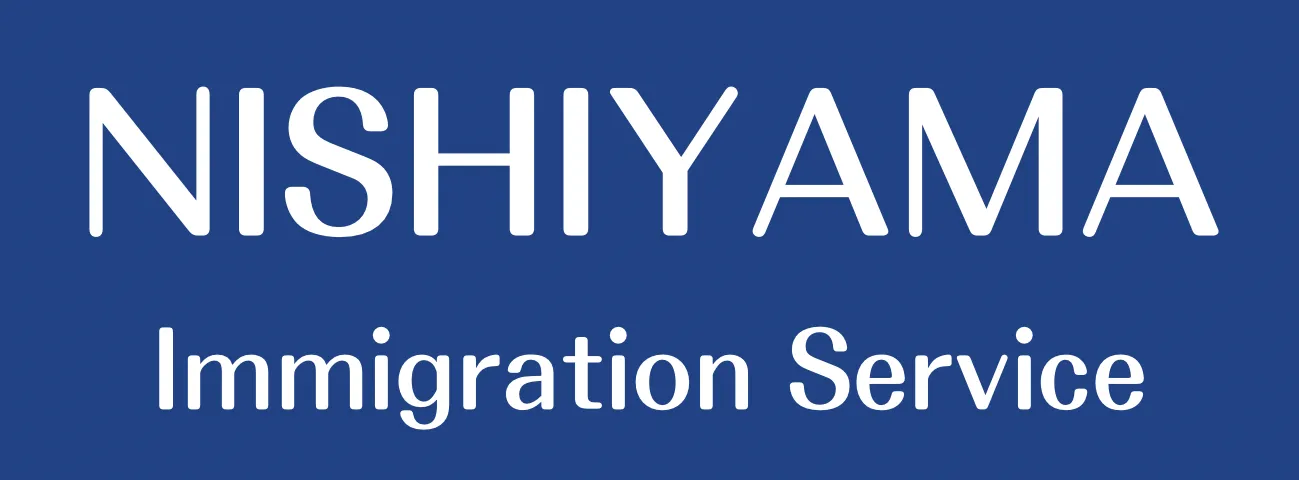World Immigration News
News Articles including "Canada"
Released on
Article Title
Tags
2025-12-20
Canada
2025-12-09
Canada
2025-12-08
Canada
2025-12-06
Canada
2025-11-18
Canada
2025-11-13
Canada
2025-11-02
Canada
2025-09-30
Canada
2025-09-16
Canada
2025-09-13
Canada
2025-09-12
Canada
2025-09-02
Canada
2025-08-20
Canada
2025-08-12
Canada
2025-08-09
Canada
2025-07-20
Canada
2025-07-08
Canada
2025-06-18
Canada
2025-06-15
Canada
2025-05-26
Canada
2025-05-16
Canada
2025-04-29
Canada
2025-04-27
Canada
2025-04-25
Canada
2025-04-23
Canada
2025-03-27
Canada
2025-02-15
Canada
2025-01-27
Canada
2025-01-21
Canada
2025-01-12
Canada
